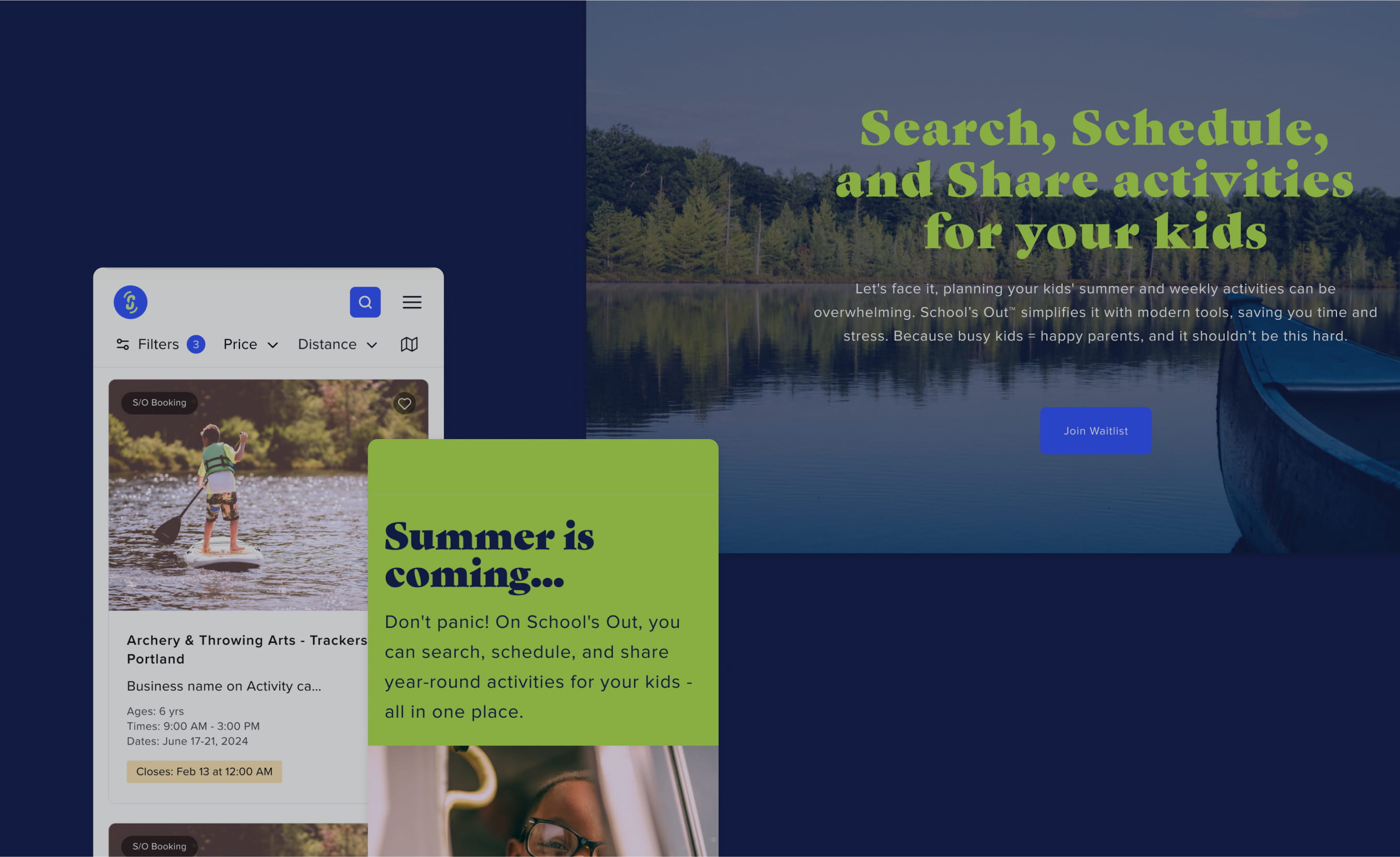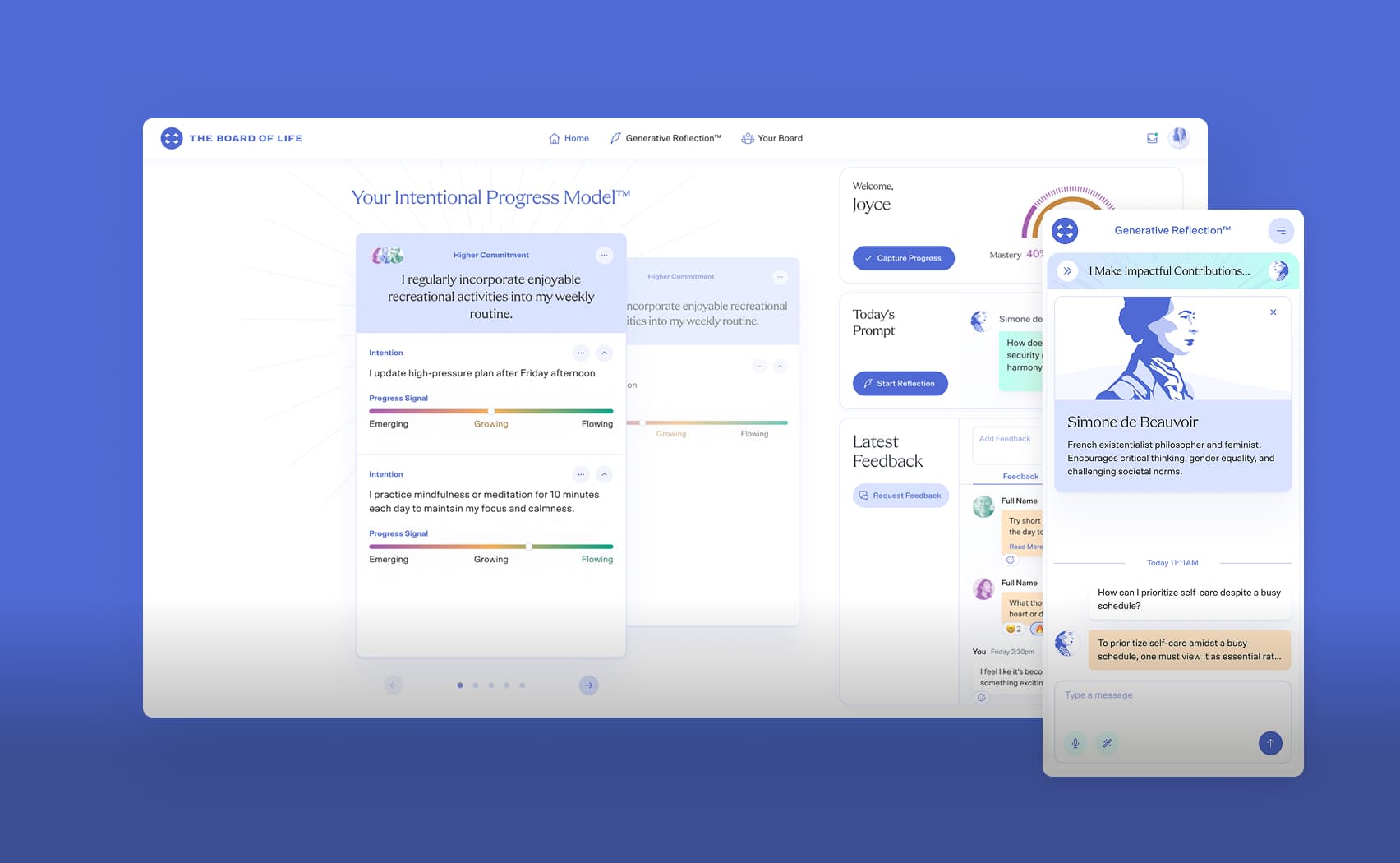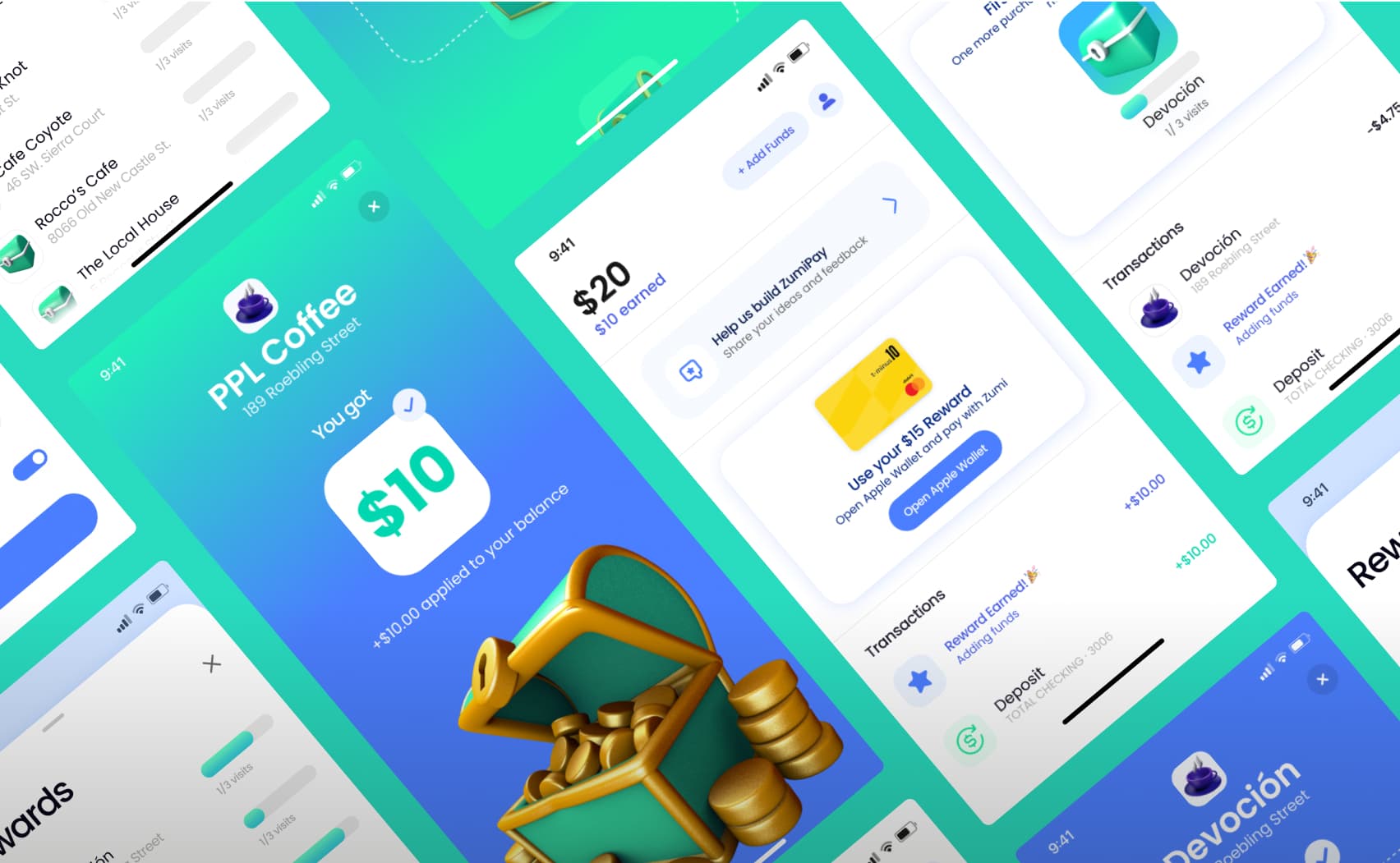Evaluating Technical Feasibility for Non-Technical Founders: Navigating the Path to MVP Success
The journey from conceptualization to a market-ready product is laden with challenges, especially for non-technical founders. At the heart of it is one pivotal factor that can make or break the entire venture: technical feasibility.
In this blog, we’ll delve into the significance of technical feasibility and its crucial role in the success of your Minimum Viable Product (MVP). The road to technical feasibility is daunting for any founder. But for entrepreneurs without a technical background, it can be even more intimidating. However, understanding and mastering technical feasibility is imperative for steering your ship toward success.
In this blog, we’ll delve into the significance of technical feasibility and its crucial role in the success of your Minimum Viable Product (MVP). The road to technical feasibility is daunting for any founder. But for entrepreneurs without a technical background, it can be even more intimidating. However, understanding and mastering technical feasibility is imperative for steering your ship toward success.
Join us as we provide a foundational understanding of what technical feasibility means, and why it’s important in the context of your MVP. Our goal is to guide non-technical founders through the intricacies of turning ideas into tangible, market-ready realities, and make informed decisions at every stage of their product development journey.
What Does Technical Feasibility Mean?
Technical feasibility refers to the assessment of whether a proposed project, product, or feature can be successfully developed, implemented, and maintained from a technical perspective.
In the context of startups and product development, technical feasibility is a critical factor in determining whether an idea or concept can be turned into a functional and viable solution.
There are many key components that help determine technical feasibility. These include:
- Technical requirements
- Risk assessment
- Cost considerations
- Skills and expertise
Throughout the rest of this blog, we’ll dissect each of these components and how they dictate whether or not your vision is technologically possible, realistic, and sustainable within the constraints of your available resources.
Understanding Your Tech Stack & Requirements
Your “tech stack" refers to the combination of programming languages, frameworks, libraries, databases, and other tools used to build and run a software application. Think of it as the digital foundation upon which your MVP will be constructed. Choosing the right tech stack is akin to selecting the building materials for a structure—it significantly influences the project's efficiency, scalability, and overall success.
The choice of a tech stack is a pivotal decision that shapes the development process and the eventual performance of your MVP. Several factors influence this decision, including the nature of your product, the skill set of your development team, and the scalability requirements. When making this decision, consider:
- Nature of the Product: Different types of applications may demand specific technologies. For example, a data-intensive application may benefit from a robust database system, while a real-time application might require a framework optimized for speed.
- Team Expertise: Assess the proficiency of your development team in different technologies. Choosing a stack that aligns with their strengths can streamline development and enhance the overall quality of the product.
- Scalability Requirements: Anticipate the growth of your product. Ensure that the chosen tech stack can scale to meet increasing user demands and feature expansions without significant overhauls.
We understand navigating your tech stack as a non-technical founder can be overwhelming. However, a basic understanding of key technical terms and requirements is important for effective communication with your development team. Familiarize yourself with terms like front-end (client-side), back-end (server-side), databases, APIs (Application Programming Interfaces), and hosting platforms.
With that said, don’t forget to foster a collaborative environment where you feel comfortable asking questions and seeking clarification. A transparent and open dialogue with your development team is vital.
Potential Risks & How to Mitigate Them
Embarking on the journey to bring your MVP to life is exhilarating, but it comes with inherent risks that, if overlooked, can jeopardize the entire venture. Understanding these risks and proactively implementing mitigation strategies is crucial for ensuring the technical feasibility and success of your project.
Let’s take a look at some of the most common risks non-technical founders run into.
Risk #1: Overestimating Simplicity
One common pitfall is underestimating the complexity of your project. Features that may seem straightforward at first glance can unravel into intricate technical challenges during development.
To mitigate this risk, conduct a detailed analysis of project requirements, breaking them down into granular tasks. This helps in identifying potential complexities early on. You can also create prototypes or proofs of concept for critical features. Prototyping provides a tangible demonstration of functionality and helps validate assumptions about simplicity.
Risk #2: Neglecting Scalability and Security
Focusing solely on immediate needs without considering the long-term scalability and security of your MVP can lead to performance issues, data vulnerabilities, and increased costs down the line.
Evaluate the scalability requirements of your application, considering potential future growth. Choose a tech stack and architecture that can seamlessly scale with increasing user loads. You should also prioritize security from the outset. Conduct regular security audits, implement best practices, and stay informed about potential vulnerabilities to protect your users and data.
Risk #3: Ignoring Potential Integration Challenges
As your MVP evolves, integrating with external services, APIs, or third-party tools may become necessary. Ignoring the potential challenges associated with these integrations can lead to delays and functionality issues.
Identify necessary integrations early in the development process. Assess the compatibility and documentation of external services or APIs. You should also implement continuous testing practices, especially when integrating new components. This ensures that changes in one part of the system do not negatively impact existing integrations.
Cost Considerations
The journey from conceptualizing your MVP to its market debut involves not only technical intricacies but also financial considerations that are integral to the project's success. Whether your project is backed by investors or your bootstrapping it, you must manage development costs and timelines, as well as determine the Return on Investment (ROI) potential.
Here are some things to consider when managing costs:
- Development Costs: These include the costs of personnel, your technology and infrastructure, and testing and quality assurance. Assess the manpower required for your project, considering the skills and expertise needed. Factor in developers, designers, project managers, and any other roles crucial to your MVP's development. You must also account for licensing fees, software costs, and any infrastructure expenses, including hosting services and development tools. You should also include a contingency budget for unforeseen challenges or scope changes during development.
- Timelines: Break down the development process into milestones with achievable timelines. This aids in tracking progress and identifying potential bottlenecks. Embrace an iterative development approach, allowing for continuous refinement based on feedback. This can enhance the efficiency of the development process.
- ROI Potential: To predict ROI, you must first identify key metrics. A helpful metric to track is User Acquisition Costs (UAC), which estimates the cost of acquiring each user while factoring in marketing and promotional expenses. You can track this against Customer Lifetime Value (CLV), which considers revenue generation over a customer's lifetime, and Conversion Rates which analyzes the conversion rates from user acquisition to active users and paying customers.
Finding the Right Development Partner or Team
Choosing the right development partner or team is a pivotal decision that can profoundly impact the success of your MVP. It isn’t just non-technical founders tapping into the power of outsourcing. Data from JetRockets shows over a third (35%) of companies believe IT outsourcing is key for their goals.
There’s a lot on the line, however, for non-technical founders to find a trustworthy software development partner. It's not just about coding; it's about understanding, collaboration, and shared vision.
Let’s breakdown why choosing the right technical partner matters:
- Expertise and Skills: A competent technical partner brings a wealth of expertise and skills to the table, ensuring that your MVP is developed with a high level of proficiency. Look for a team with experience in your industry or a proven track record of successfully delivering projects of similar complexity.
- Efficient Development: The right partner can significantly enhance the efficiency of your development process, ensuring that milestones are met on time and within budget. Their familiarity with best practices and streamlined workflows can contribute to a smoother development journey.
- Strategic Guidance: A reputable development partner goes beyond coding; they provide strategic guidance and insights based on their experience. This can be invaluable in making informed decisions throughout the project.
From things to consider when hiring a software development partner to how to foster a successful relationship, our ebook “A Non-Tech Founder’s Guide to Choosing the Right Software Development Partner” is a vital resource for non-technical entrepreneurs. You can download our guide here.
Why Choose JetRockets As Your Software Development Partner
JetRockets stands out as a reliable choice for non-technical founders aiming to turn their MVP vision into reality. Our experience working with non-technical founders sets us apart, collaborating with numerous visionary leaders without a technical background to bring their ideas to life.
Our team is adept at translating complex technical concepts into understandable terms, ensuring a transparent and collaborative partnership throughout the development process. Our extensive portfolio also showcases a diverse range of projects across industries. So whether you're envisioning a web application, mobile app, or complex software solution, JetRockets has the expertise to deliver.
If you're ready to embark on this transformative journey, JetRockets is here to turn your vision into a tangible reality. Let's build something extraordinary together! Book a consultation today.



